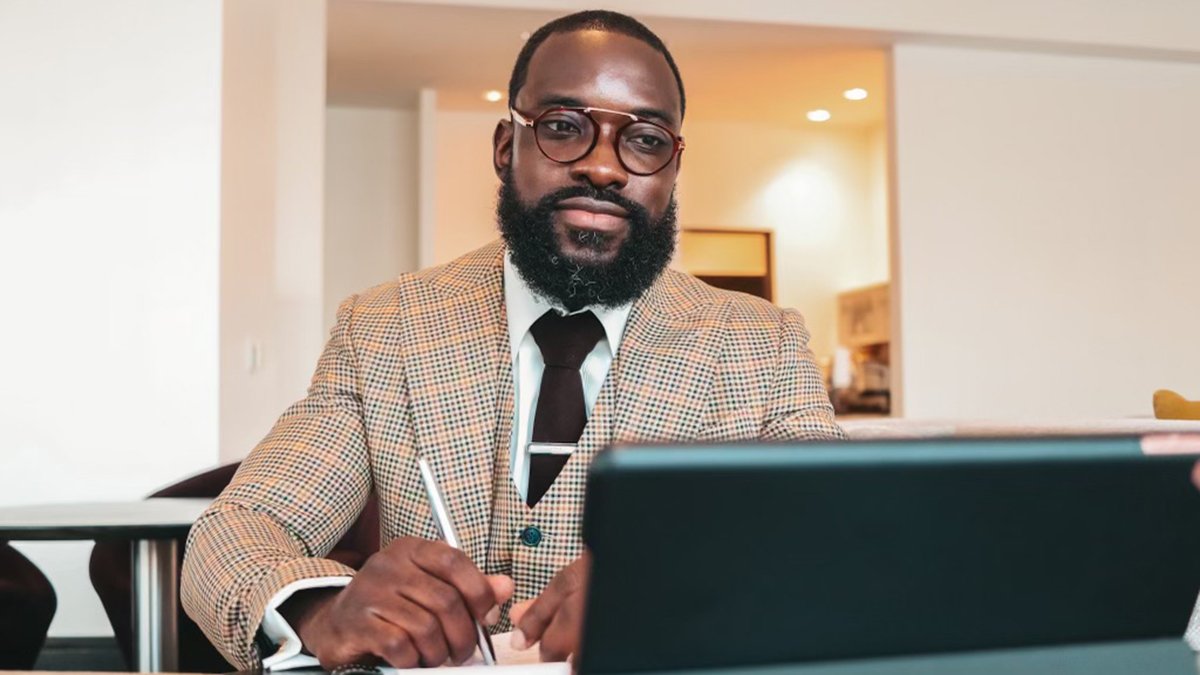With over 15 years of experience in hotel operations, CRM software implementation, and overseeing openings, renovations, and conversions, Kofi Minta, MBA, MRDEV, leads KOM INVESTMENTS, LLC, a boutique consulting firm founded in 2016. Minta guides developers and investors from concept to profit, specializing in feasibility analysis, risk mitigation, and operational support. In this interview, he discusses his journey, industry challenges, and the keys to successful hotel development.
You have over 15 years of experience in hotel operations and CRM software implementation. How has this experience shaped your approach to consulting for hotel developers and investors?
Thank you for the question. My experience with CRM software and working with clients in CRM software, I guess it’s helped me to understand working with people. Every day you’re having interactions in the hospitality industry with different folks from people who walk in the door of the hotel, whether it’s your current staff, housekeeping, your maintenance crew, your marketing crew. So, understanding the software and how it can associate interactions with individuals you’re working with, it’s just has allowed me to better understand working with people.
Now, as president of your company, can you explain what sets your firm apart from the other hotel development consulting companies?
Well, because my firm is led by me, it’s a small firm. I just work with partners rather than having a large firm where there are a lot of people within your firm. It’s just me and the firm, but I like to be very hands-on in all the projects that I do. So, for each project that you have me working for or working with, I’ll be the one who’s individually working with you. That includes a project rather than a large team and you’re not working individually with the owner.
Your company offers a detailed developer’s prospectus and feasibility analysis. Could you walk us through how these tools help mitigate risk and ensure projects’ success?
When you’re working through my plan, or I guess my prospectus, you need to go through different steps to mitigate the risk. So, the first step we actually start with is identifying the project. Before you start your project, you need to identify what type of project you want to do. Is it going to be a hotel? Is it going to be a hospital, a group of hospitals? What is the project going to be? That’s the first step within the prospectus.
Your second prospectus step is going to be identifying the site or which brand to choose for the project. What is the flag of the hotel going to be? Is it a Marriott, Hyatt, et cetera? Within that step, you’re going to also create a market competitive set to see what’s going on within the industry or who are the other projects nearby to kind of see where you stand out or where you need to make some changes. Within that second step, you’re also going to be completing phase one and phase two studies where you’re exploring the land, and doing some engineering studies on the land to make sure it’s feasible to put a project on that particular side of the land.
Once you’ve done that step, you’re going to move to the third step, which is your feasibility analysis. This is where I’m running numbers to see if this project works for a five-year projection. Will this project work as far as returning equity and debt service coverage to the client? And once I’ve completed this step, you’re ready for the next step, which is the soft opening of the hotel. This is where you’re implementing the software in the hotel, as well as training your staff for a soft opening. So, these are just the different steps within my developer’s perspective that I give to investors. And I walk them through for their project to be successful and also to mitigate the risks of the project.
That leads us to my next question. Hotels and hotel openings, both hard and soft, are crucial moments in a property’s life cycle. What are the key factors in considering, what are the key factors to consider during these phases, and how does your firm assist during this process?
Thank you for the question again. The hard and soft openings are, like you said, very important. You want to have a specific timeframe where you want to open. You want to make sure you have your team in place, as well as you want to make sure everything has been running smoothly before the soft opening. You want to have multiple scenario run-throughs of different situations that can happen before you get into your soft opening. You want to make sure that the site is ready.
You’ve done multiple walk-throughs, and multiple inspections, to make sure you’re ready for the soft opening. And once you’ve cleared all of your checklists, you can be ready for your hard opening where it’s open to the public, rather than the soft opening where it’s family and friends and a small community.

Your company was founded in 2016. How has the industry evolved since then? What changes have you noticed in hotel development and investment strategies?
Thank you for the question again. In 2016, the market was more open at that time. Economics was more available, and it was more advantageous to invest. A lot of people were investing at that time. Throughout the years, and especially around 2020, about four or five years after my firm opened, of course, COVID hit, which made a large change in investment. A lot of people pulled back, and investors pulled back their resources and stopped investing.
They were holding on to their finances. And waiting for the tide to roll. So, during that time, especially COVID, and getting through COVID, a lot of projects were on hold. We had to adjust our model to a more hold-and-stay position rather than developing more projects. So, from 2016 through 2020 through the current 2024, there’s been kind of a U-shape in the industry as far as projects being held. Initially, projects were wide open from 2016 through 2020. 2020, there’s been a slowdown. And now, 2024, things are pretty much picking back up to where they were in 2016, and 2015.
With a focus on meeting deadlines and returns on investment, what are the common challenges hotel developers face? And how do you help them overcome these obstacles?
Thank you again for the question. When we think about what the challenges are when we’re looking to meet deadlines, there are so many different things that can occur within a project. Some hiccups can happen as far as construction deadlines, which need to be met.
Some materials may not be available, so you may not be able to build. So, you have to be able to always pivot to meet the deadline, meet your investors, meet the community partners, especially civil partners as far as politicians who are also looking for you to meet the deadlines as well. You need to be able to pivot to meet all of your investors and all of your partners’ needs to keep the project on time and also keep them aware of any changes that occur.
What role does technology, particularly CRM software, play in hotel operations today?
Thank you for the question. The CRM software is pretty much the guiding focus of how we maintain our business. With CRM software, you’re able to control the occupancy of your hotel. You’re able to control and see into the future how many bookings can come, and how many bookings you’ve had in the past, and you can even develop your budget around it. So, it’s very important to understand your CRM software and how it can affect your hotel’s operations. It’ll also impact the staffing of the hotel because you’re looking into the future of how many bookings are coming and how many bookings have been in the past, which allows you to create a budget and allows you to keep the hotel open and keep the doors open.
Lastly, what advice would you give to aspiring hotel developers and investors who are just starting in the industry?
Thank you for the question. As far as the advice I would give to someone who’s looking to start in the industry or looking to invest in the industry is to get their feet wet as far as just going to a hotel, opening the doors, talking to the management there, talking to the front office, talking to the sales team, the marketing team. Go into the hotel and talk with the staff. Understand what they do daily to make sure it’s something that you are interested in, and you’d be comfortable doing long-term, not just the short-term thing for you to do.
Be’n Original






